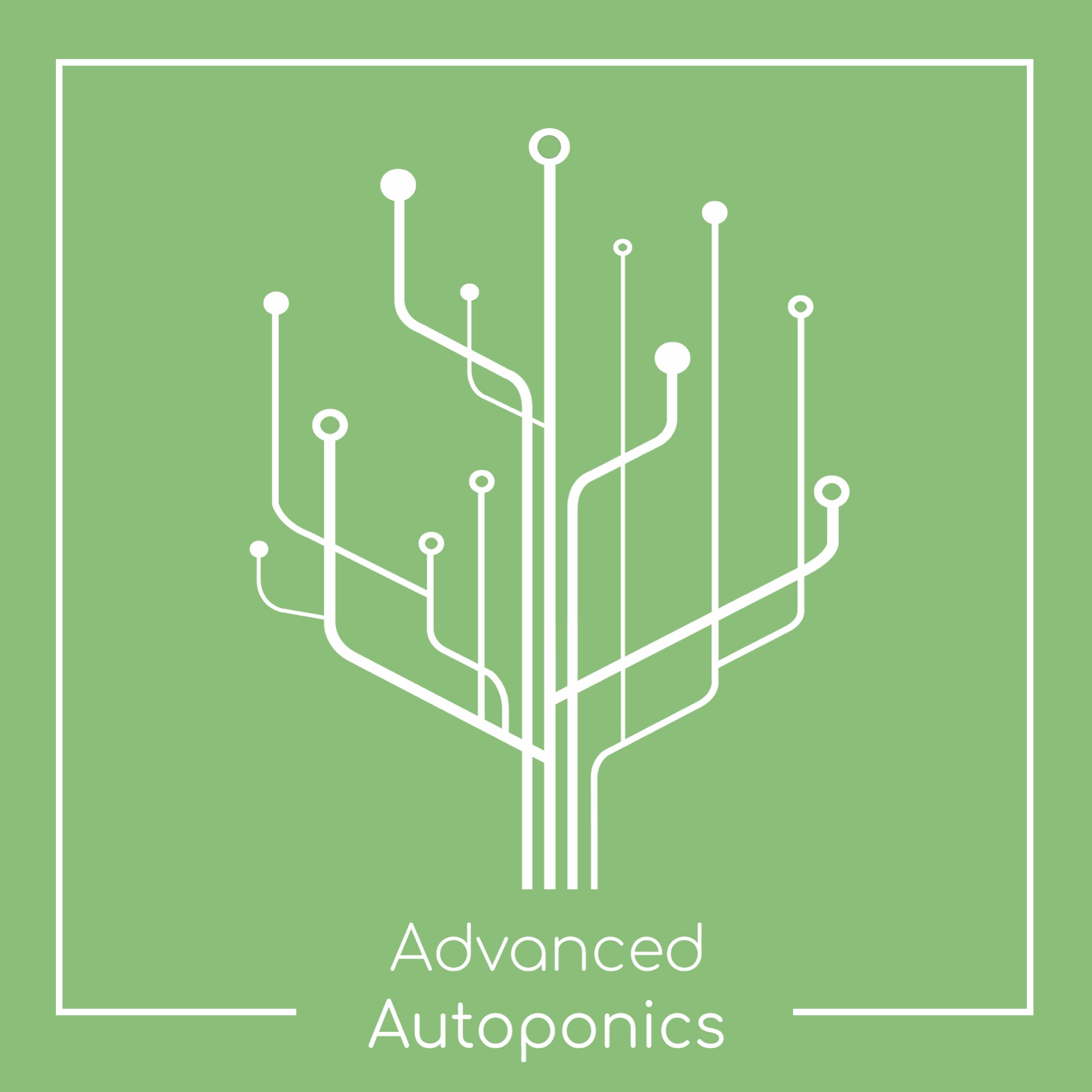Hydroponic systems are a popular method of growing plants in a controlled environment, using nutrient-rich water instead of soil. One of the key factors in successful hydroponic gardening is ensuring optimal nutrient delivery to the plants. Proper nutrient delivery is essential for healthy growth and high yields. In this article, we will discuss some tips for optimal nutrient delivery in hydroponic systems, with a focus on Hydroponic nutrients and supplements.
1. Choose the right nutrients: Hydroponic plants require a specific balance of nutrients to thrive. It is important to choose a high-quality hydroponic nutrient solution that contains all the essential elements plants need for healthy growth. Look for products that are specifically formulated for hydroponic systems, as they can provide the ideal ratio of macro and micronutrients.
2. Monitor pH levels: The pH level of the nutrient solution plays a crucial role in nutrient uptake by plants. Most hydroponic plants prefer a slightly acidic pH range between 5.5 and 6.5. Regularly test the pH of your nutrient solution and adjust it as needed using pH up or pH down solutions.
3. Maintain proper nutrient levels: It is important to regularly check and adjust the nutrient levels in your hydroponic system to ensure that plants are receiving the correct amount of nutrients. Overfeeding or underfeeding plants can lead to nutrient deficiencies or toxicities, which can negatively impact plant health.
4. Use supplements as needed: In addition to a balanced hydroponic nutrient solution, plants may benefit from the use of supplements to enhance growth and productivity. Supplements such as seaweed extract, fish emulsion, or calcium/magnesium supplements can help address specific nutrient deficiencies or promote overall plant health.
5. Consider foliar feeding: Foliar feeding involves spraying a nutrient solution directly onto the leaves of plants. This method can be used to quickly deliver nutrients to plants that may be experiencing nutrient deficiencies or to enhance nutrient uptake during critical growth stages.
6. Implement a proper feeding schedule: Establishing a consistent feeding schedule is essential for optimal nutrient delivery in hydroponic systems. Most plants require regular feeding throughout their growth cycle, with younger plants typically needing more frequent feedings than mature plants.
7. Clean and maintain your system: Regular cleaning and maintenance of your hydroponic system are essential for preventing nutrient buildup, algae growth, and other issues that can impact nutrient delivery. Be sure to clean and sanitize your system regularly to ensure the health and productivity of your plants.
In conclusion, achieving optimal nutrient delivery in hydroponic systems is essential for healthy plant growth and maximum yields. By following these tips and using high-quality hydroponic nutrients and supplements, you can create an ideal growing environment for your hydroponic plants. Remember to monitor pH levels, maintain proper nutrient levels, use supplements as needed, and establish a consistent feeding schedule to ensure success in your hydroponic gardening endeavors.
For more information visit:
Advanced Autoponics
https://www.advancedautoponics.com/
Denver, United States
Our cutting-edge hydroponic technology empowers developers, designers, and architects to integrate greenery anywhere, transcending the limitations of soil. Our solution automatically establishes the ideal root environment for plants, fostering growth and sustainability while conserving water and space. Our advanced technology offers real-time monitoring and updates accessible from anywhere on the globe.